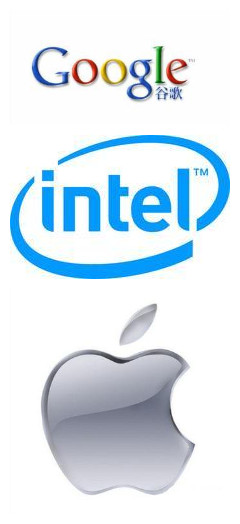Anti-Monopoly Actions Against Facebook and Legal Risks Incurred by Tencent Blocking its Rivals
The US Federal Trade Commission and others in 48 states and areas in the US filed anti-monopoly actions against Facebook for its acts of blocking access of its rivals’ apps to the application programming interface of its open platform. Actually, such acts are very common and even more serious in China. For example, WeChat developed by Tencent blocked APIs of open platforms of apps and domain names of many of its rivals.
Acts of platform companies blocking others do much damage to orderly competition and could harm or even destroy medium and small size startups. Let’s see what we can learn from the Facebook anti-monopoly action case to prevent monopolies among Chinese platforms.









